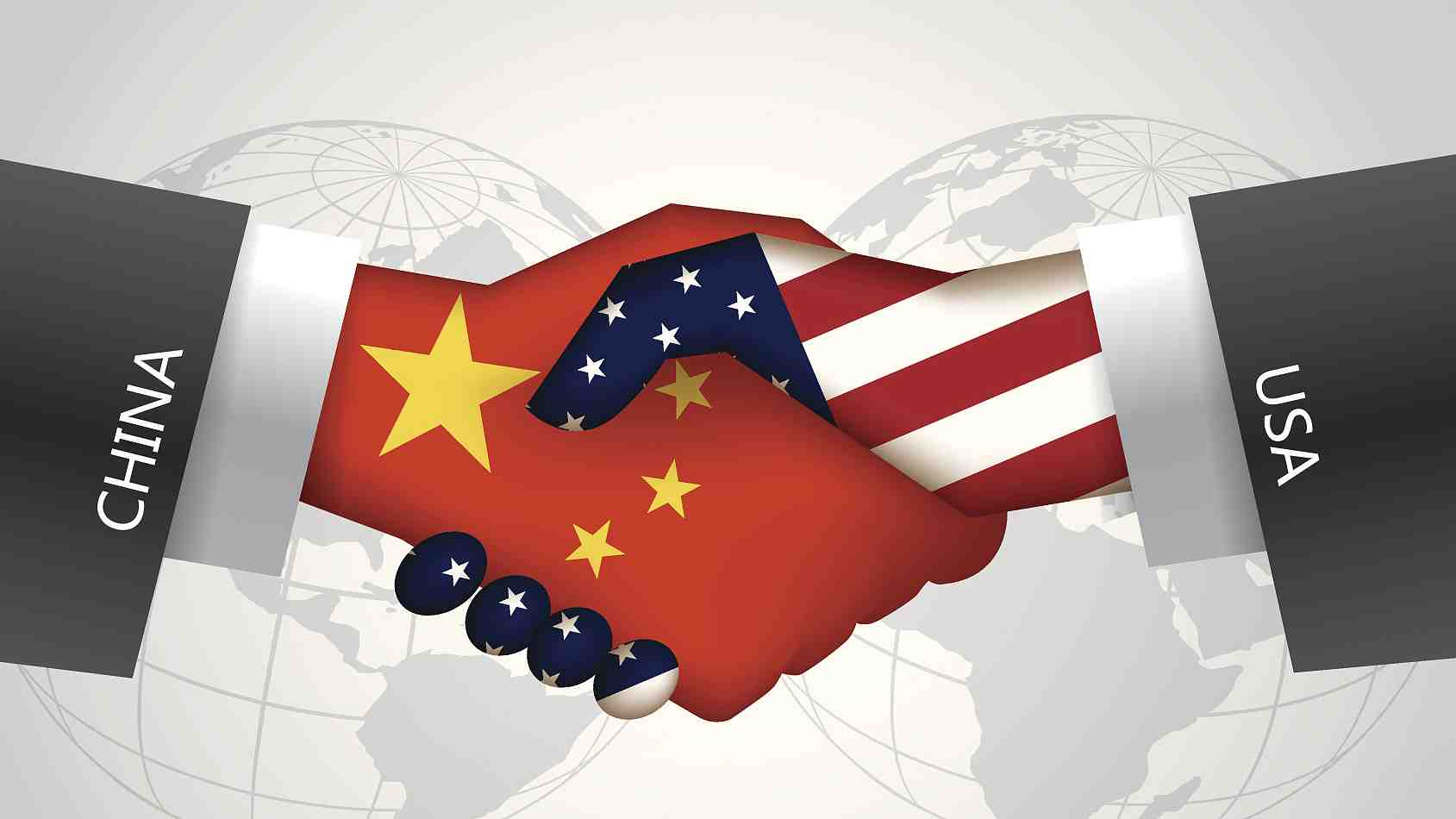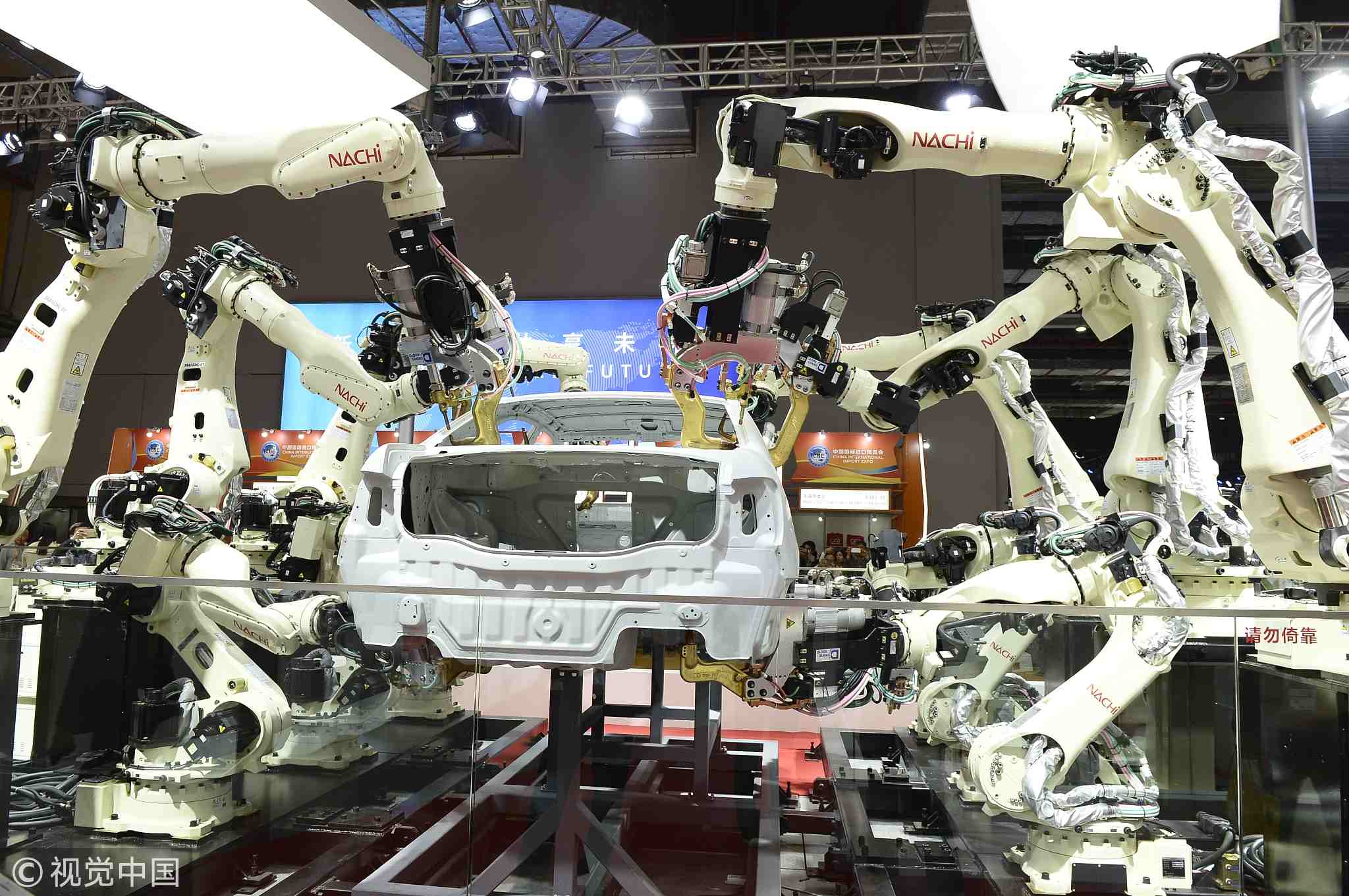
Opinions
16:43, 13-Nov-2018
China-US Relations: Turning point or breaking point?
Updated
15:37, 16-Nov-2018
Zheng Zhu

Editor's Note: Zheng Zhu is an assistant professor of law at the Faculty of Law at China University of Political Science and Law. The article reflects the author's opinion, and not necessarily the views of CGTN.
Recently, Chinese President Xi once again called for the healthy development of China-US relations. He made the plea while meeting with former US Secretary of State Henry Kissinger. President Xi claimed that bilateral ties should be strengthened through friendly coordination on the basis of equality and mutual benefit, along with the spirit of mutual understanding and compromise.
It should be noted that Xi's words come with many specifics. In his speech at the China International Import Expo (CIIE), President Xi made fresh promises that China will purchase 30 trillion USD worth of goods and 10 trillion USD worth of services from abroad in the next fifteen years, and as he stressed, this is “not a temporary arrangement but a long-term consideration.”
Also, China will set up a “tech board” in Shanghai and further relaxed foreign ownership caps in some lucrative sectors, ranging from education and healthcare to mining and financial services.
Apparently, the president's commitments have shown that China is trying to change the downward slide of bilateral relations.

People perform at China International Import Expo in Shanghai. /VCG Photo
People perform at China International Import Expo in Shanghai. /VCG Photo
The messages are important in light of the bilateral relations, and their subtleties can only be well perceived when the timing of the speech is also taken into account. Internationally speaking, the president's remarks were made ahead of his planned meeting with President Trump at the G20 summit in Argentina, which indicates that China is making efforts to achieve constructive and fruitful talks with the US.
Domestically, the new promises were made after the US midterm elections and right ahead of the Fourth Plenary Session of the 19th Central Committee of the Communist Party of China. This, on the one hand, shows China's acknowledgment that the Trump administration's tough policy will linger on – Trump, after all, has bipartisan support for his trade agenda. As a result, his tough trade policy is unlikely to drastically deviate from its current course in the short term.
On the other hand, the timing highlights that the China-US trade conflict has been one of the most thorny and urgent tasks facing China. Before the relations get worse, the Chinese authorities have been taking practical and concrete steps to manage differences and expand mutual interests.
As former US Treasury Secretary Henry Paulson warned, if the divisions broaden amid the escalating trade war, “it will throw up new walls on each of the two nations and even unmake the global economy.”

Robots are on display at China International International Expo in Shanghai. /VCG Photo
Robots are on display at China International International Expo in Shanghai. /VCG Photo
In spite of the warning, there is a likelihood that the risk of derailing China-US relations would increase further. This is because the divergence of views between the two partners is not confined to economic sectors, but to some much broader and deeper areas, such as the role of state-owned enterprises, internet management, and especially, the supervision of the government over the market.
It should be noted that it takes time in these areas to yield results. China-US relations have come to a turning point and given that Beijing has extended an olive branch and is willing to resume trade talks, the US should grasp the chance and offer reassurance.
President Xi emphatically stated that “countries need to rise above differences” and make concerted efforts to push China-US relations forward. After all, confrontation and living under the law of the jungle only lead to "a dead end."
(If you want to contribute and have specific expertise, please contact us at opinions@cgtn.com)

SITEMAP
Copyright © 2018 CGTN. Beijing ICP prepared NO.16065310-3
Copyright © 2018 CGTN. Beijing ICP prepared NO.16065310-3